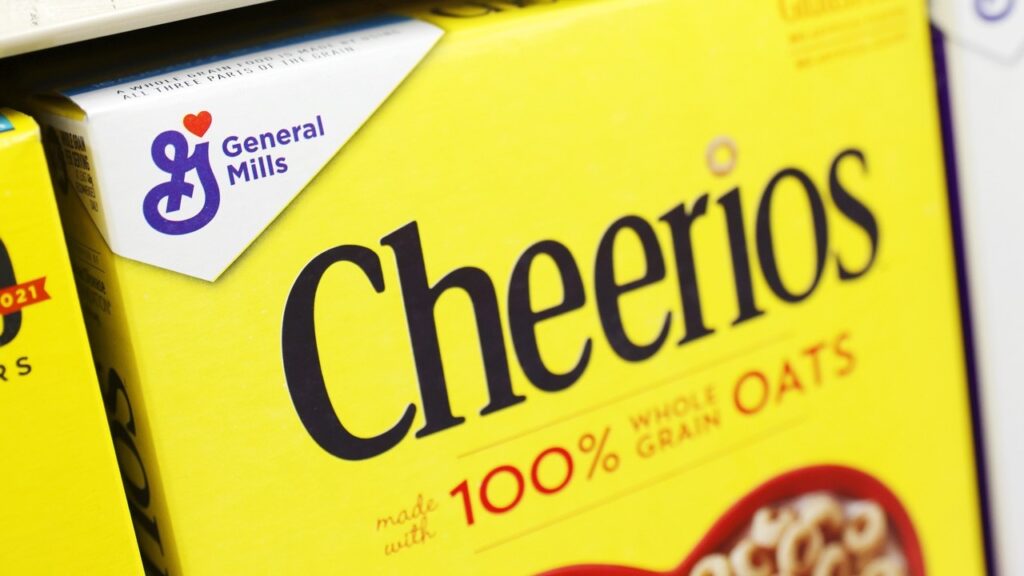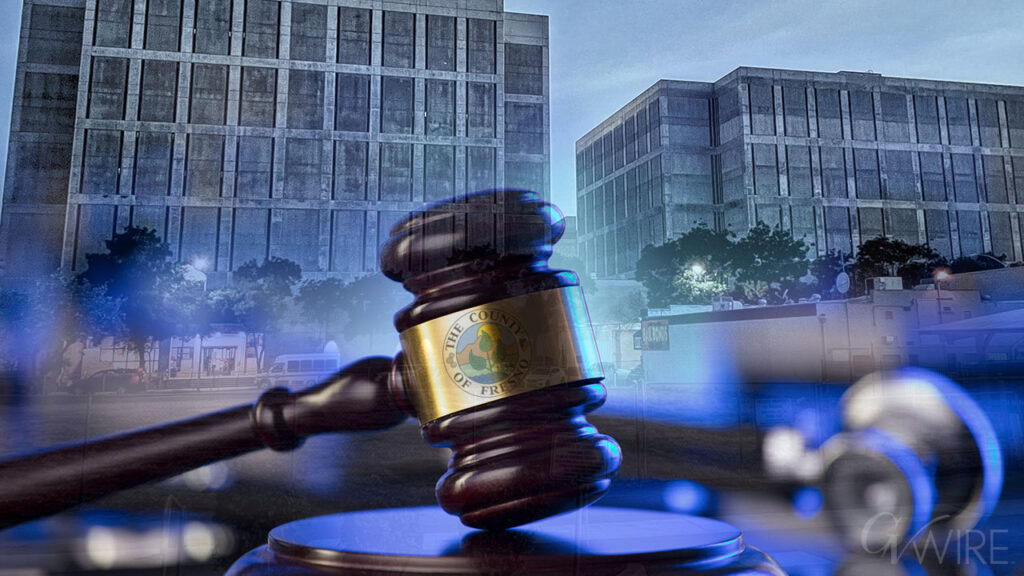Share
|
Getting your Trinity Audio player ready...
|
WASHINGTON — The Supreme Court on Monday wrestled with a nationwide settlement with OxyContin maker Purdue Pharma that would shield members of the Sackler family who own the company from civil lawsuits over the toll of opioids.
The justices seemed by turns reluctant to break up an exhaustively negotiated agreement, but also leery of somehow rewarding the Sacklers.
The agreement hammered out with state and local governments and victims would provide billions of dollars to combat the opioid epidemic. The Sacklers would contribute up to $6 billion and give up ownership of the company, but retain billions more. The company would emerge from bankruptcy as a different entity, with its profits used for treatment and prevention.
The high court put the settlement on hold during the summer, in response to objections from the Biden administration.
“It seems as though the federal government is standing in the way of that as against the huge, huge, huge majority of claimants,” Justice Elena Kagan said.
But later, Kagan also said that in bankruptcies, protection against lawsuits has a price.
“You get a discharge when you put all your assets on the table,” she said. “The Sacklers didn’t come anywhere close to doing that.”
The Legal Shield
The issue for the justices is whether the legal shield that bankruptcy provides can be extended to people such as the Sacklers, who have not declared bankruptcy themselves. Lower courts have issued conflicting decisions over that issue, which also has implications for other major product liability lawsuits settled through the bankruptcy system.
The U.S. Bankruptcy Trustee, an arm of the Justice Department, contends that the bankruptcy law does not permit protecting the Sackler family from being sued. During the Trump administration, the government supported the settlement.
Justice Department lawyer Curtis Gannon told the court Monday that negotiations could resume, and perhaps lead to a better deal, if the court were to stop the current agreement.
Proponents of the plan said third-party releases are sometimes necessary to forge an agreement, and federal law imposes no prohibition against them.
“Forget a better deal,” lawyer Pratik Shah, representing victims and other creditors in the bankruptcy, told the justices. “There is no other deal.”
The Settlement
Lawyers for more than 60,000 victims who support the settlement called it “a watershed moment in the opioid crisis,” while recognizing that “no amount of money could fully compensate” victims for the damage caused by the misleading marketing of OxyContin, a powerful prescription painkiller.
A lawyer for a victim who opposes the settlement calls the provision dealing with the Sacklers “special protection for billionaires.”
OxyContin first hit the market in 1996, and Purdue Pharma’s aggressive marketing of it is often cited as a catalyst of the nationwide opioid epidemic, persuading doctors to prescribe painkillers with less regard for addiction dangers.
The drug and the Stamford, Connecticut-based company became synonymous with the crisis, even though the majority of pills being prescribed and used were generic drugs. Opioid-related overdose deaths have continued to climb, hitting 80,000 in recent years. Most of those are from fentanyl and other synthetic drugs.
The Purdue Pharma settlement would be among the largest reached by drug companies, wholesalers and pharmacies to resolve epidemic-related lawsuits filed by state, local and Native American tribal governments and others. Those settlements have totaled more than $50 billion.
But the Purdue Pharma settlement would be one of only two so far that include direct payments to victims from a $750 million pool. Payouts are expected to range from about $3,500 to $48,000.
Sackler family members no longer are on the company’s board, and they have not received payouts from it since before Purdue Pharma entered bankruptcy. In the decade before that, though, they were paid more than $10 billion, about half of which family members said went to pay taxes.
A decision in Harrington v. Purdue Pharma, 22-859, is expected by early summer.
RELATED TOPICS:
US Supreme Court Justices Disclose Income From Book Deals and Teaching
7 hours ago
Fresno Approves $2.4 Billion Budget. What’s In, What’s Out?
7 hours ago
The S&P 500 Is Nearing a Record. Really.
8 hours ago
Kings County Sheriff Announces Retirement After Nearly 30 Years in Law Enforcement
3 hours ago
General Mills to Remove Artificial Colors From All Its US Cereals and Foods
3 hours ago
How Trump Shifted on Iran Under Pressure From Israel
5 hours ago
Trump Calls for Iran’s ‘Unconditional Surrender’ as Israel-Iran Air War Rages On
6 hours ago
US Supreme Court Justices Disclose Income From Book Deals and Teaching
7 hours ago
Fresno Approves $2.4 Billion Budget. What’s In, What’s Out?
7 hours ago
The S&P 500 Is Nearing a Record. Really.
8 hours ago
Kings County Sheriff Announces Retirement After Nearly 30 Years in Law Enforcement
3 hours ago
General Mills to Remove Artificial Colors From All Its US Cereals and Foods
3 hours ago
How Trump Shifted on Iran Under Pressure From Israel
5 hours ago
Trump Calls for Iran’s ‘Unconditional Surrender’ as Israel-Iran Air War Rages On
6 hours ago
US Supreme Court Justices Disclose Income From Book Deals and Teaching
7 hours ago
Fresno Approves $2.4 Billion Budget. What’s In, What’s Out?
7 hours ago
The S&P 500 Is Nearing a Record. Really.
8 hours ago

Granite Park Eviction Lawsuit Heads Toward Trial

Missing Clovis Man Found Dead. No Foul Play Suspected

Kings County Sheriff Announces Retirement After Nearly 30 Years in Law Enforcement














